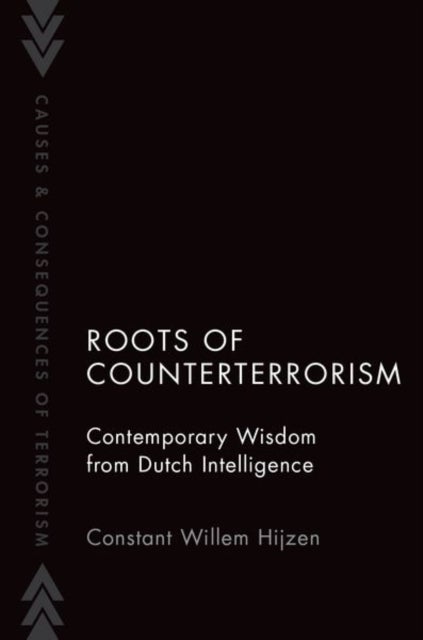
Roots of Counterterrorism av Constant Willem (Affiliated researcher at the Institute of Security and Global Affairs Faculty of Governance and Global A
399,-
The dominant narrative in intelligence studies portrays the evolution of intelligence from Cold War times to the present as one of increasing complexity. But Western intelligence and security services have countered terrorism before: terrorism became an important threat from the end of the 1960s onwards. Counterterrorism efforts before 9/11, however, differed from those employed post-9/11, not only in the way threats were perceived, but also in the repertoires of action that emerged to counter them.Using newly declassified primary sources, Roots of Counterterrorism puts into focus how the rise of terrorism in the 1970s challenged the existing perceived core functions of intelligence, specifically in the Netherlands. Constant Willem Hijzen analyses how the Dutch domestic security service Binnenlandse Veiligheidsdienst (BVD) scrutinized traces of terrorism from 1968, when Spanish anarchists bombed embassies in The Hague, until the South Moluccan attack of 1978, after which the threat of








